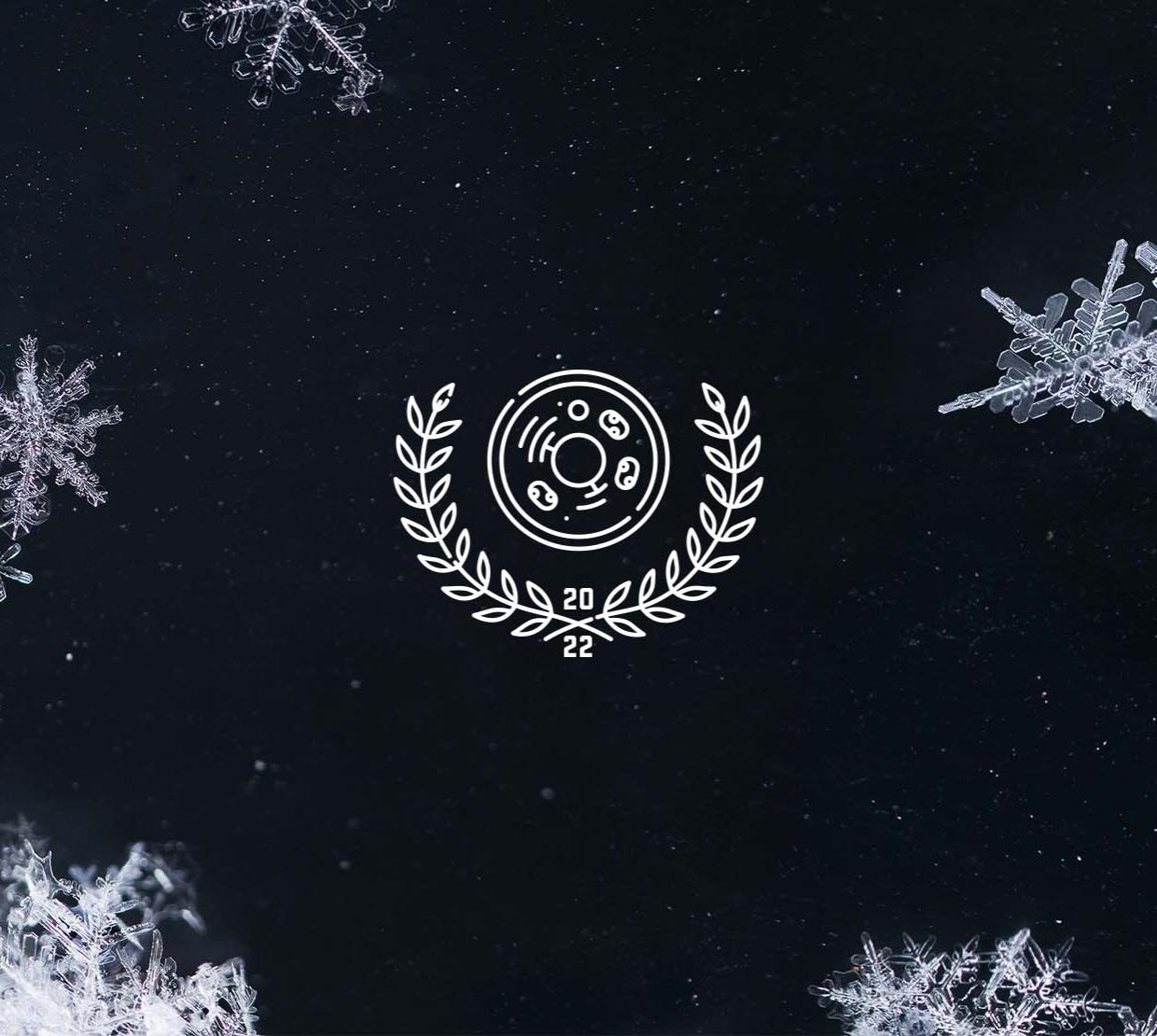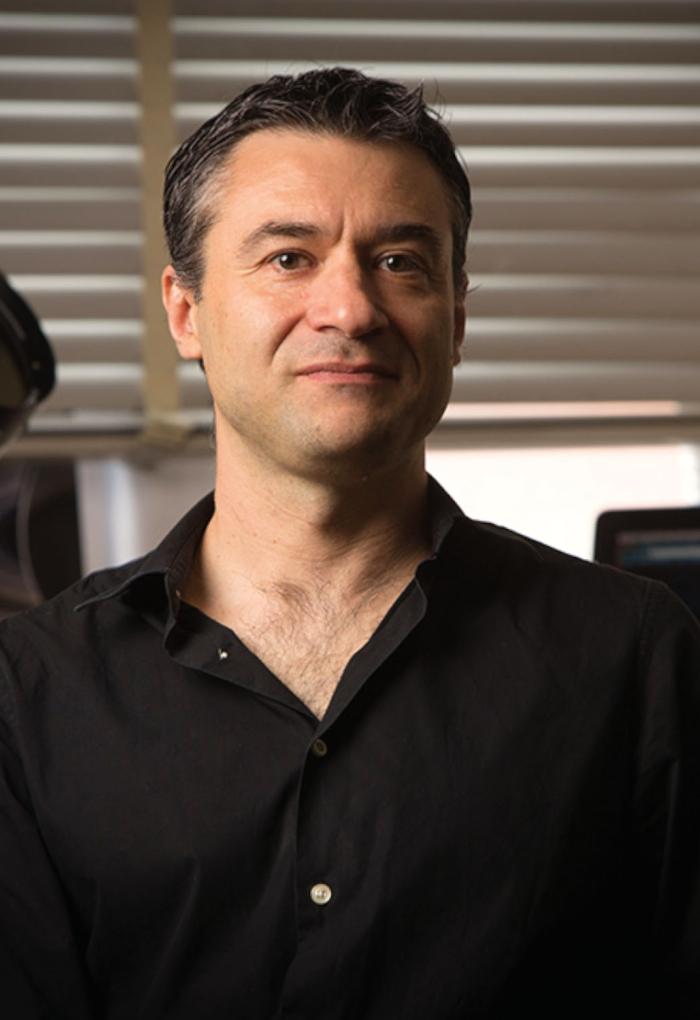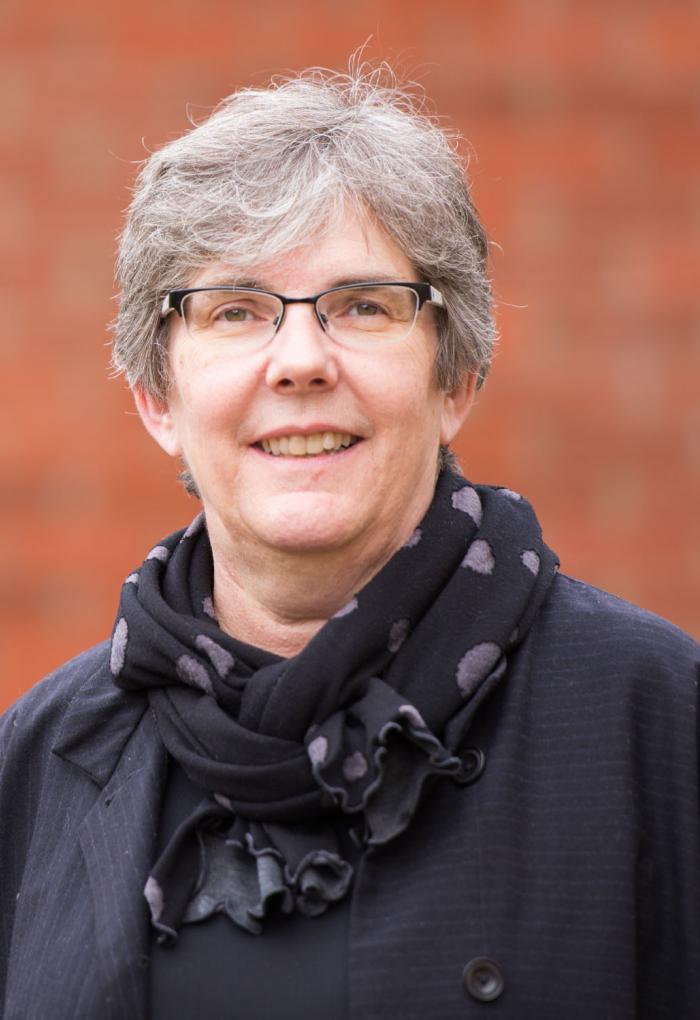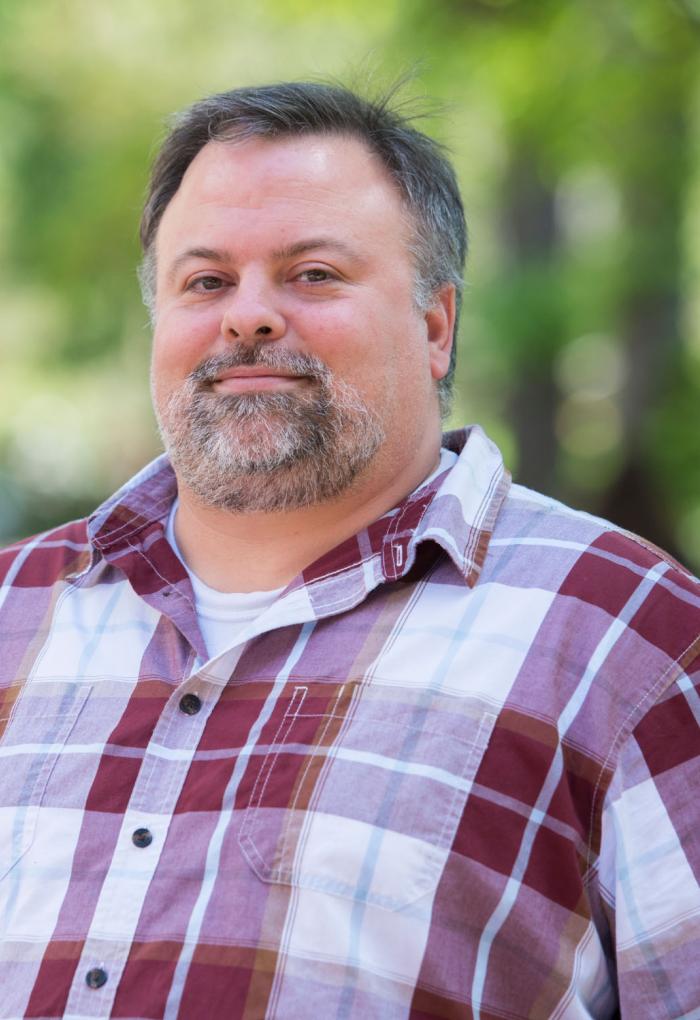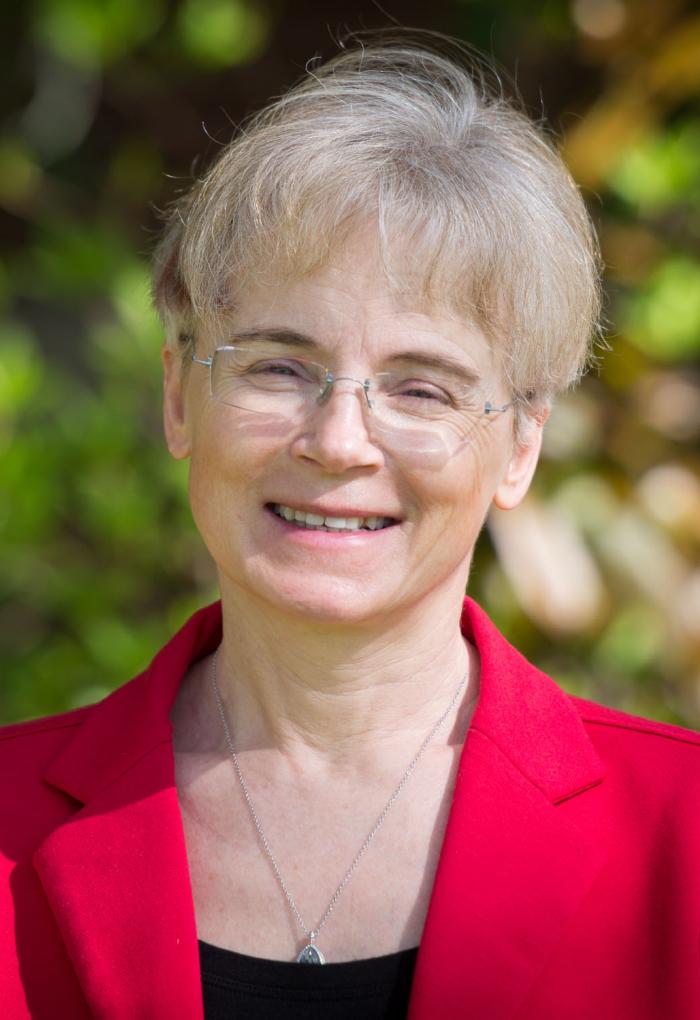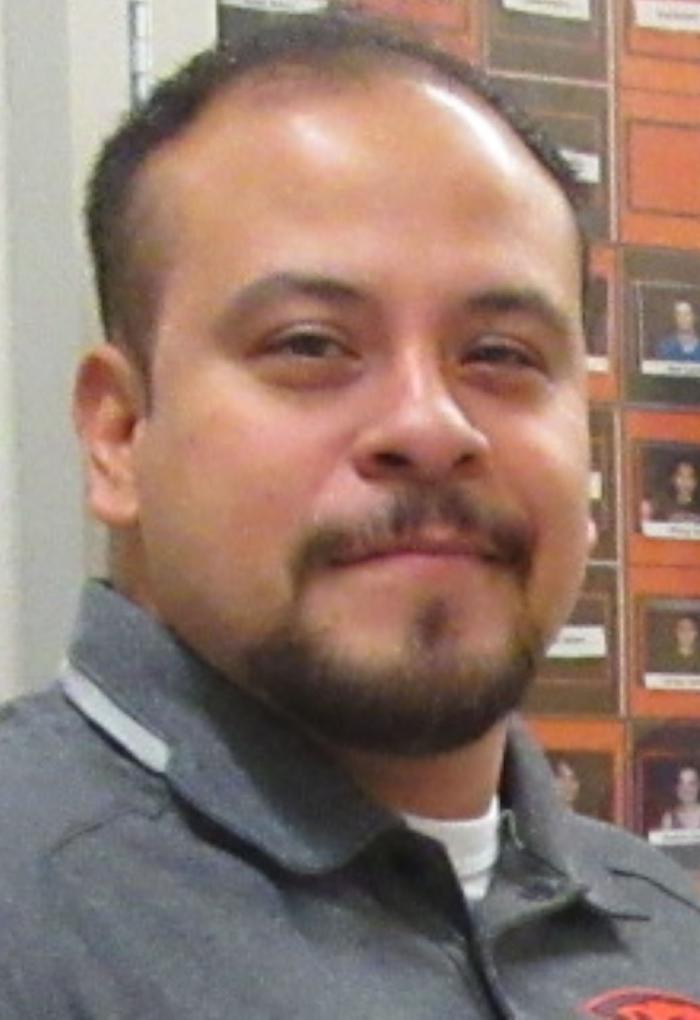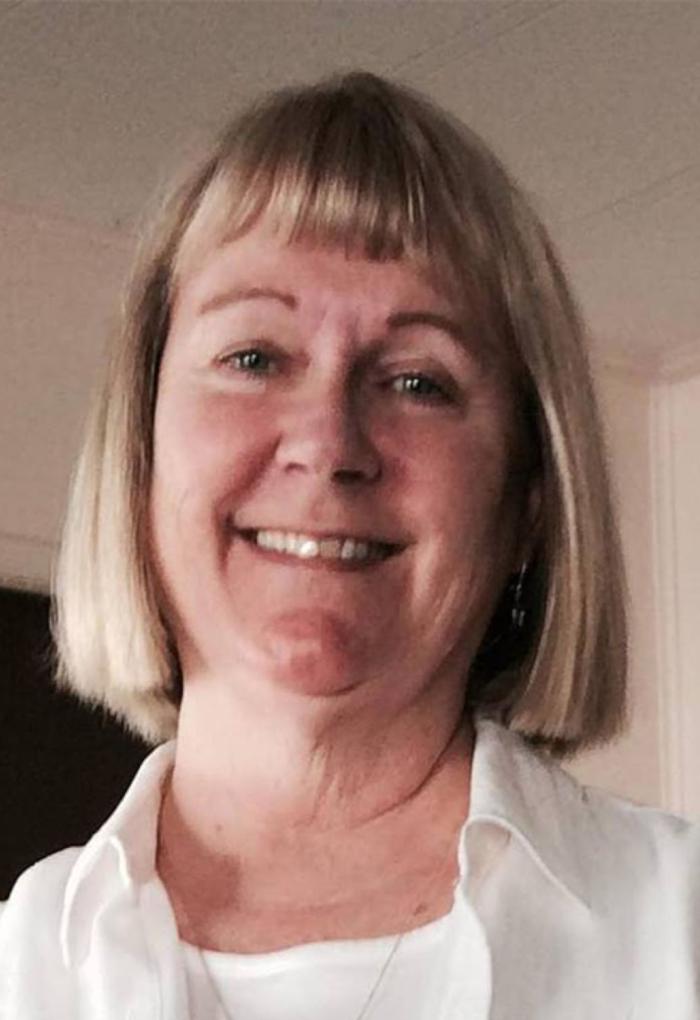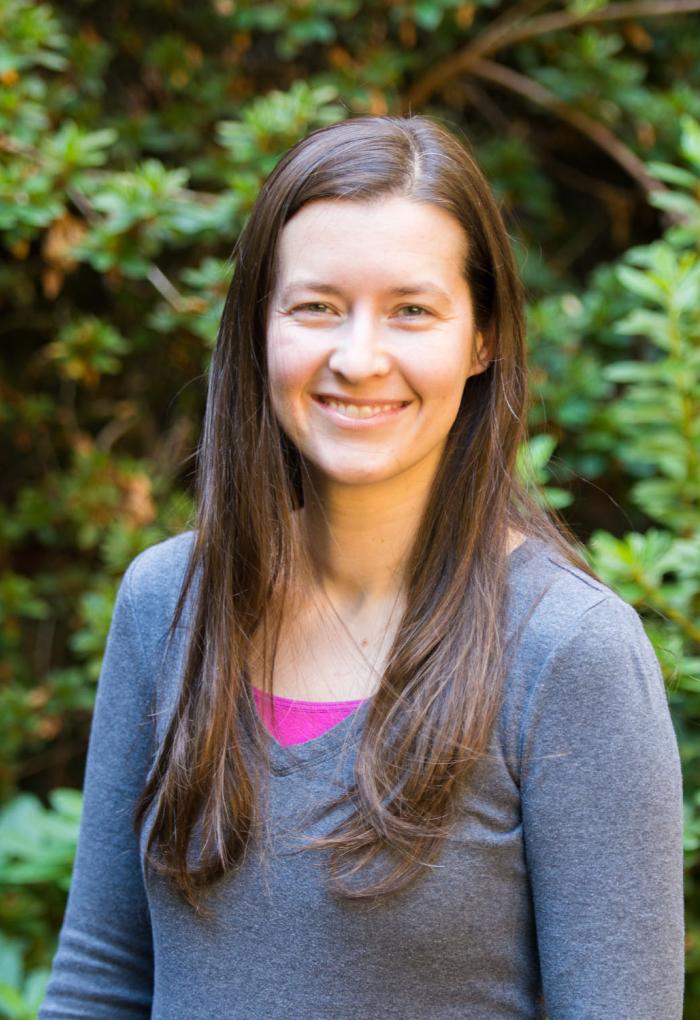Milton Harris Award for Basic Research in Science
Davide Lazzati, professor and department head of physics, received the Milton Harris Award for his outstanding work in the field of high-energy astrophysics. His well-funded and productive research endeavors have helped boost OSU's core astrophysics community to the top of its field.
This award was endowed by G. Milton Harris, a Portland native who received his bachelor’s degree in 1926 from OSU and his Ph.D. from Yale University. He was a pioneer in polymer, fiber and textile science and was the founder and for many years president of Harris Research Laboratories, which later became part of Gillette. The purpose of the Milton Harris award is to recognize exceptional achievement in basic research by honoring an outstanding faculty member in the College of Science.
"It was Dr. Lazzati's work that offered the correct interpretation of the signal and which has helped reshape our understanding of the most powerful events in the universe"
Lazzati's work drew considerable attention in 2017, when a historic merger of two massive neutron stars produced gravitational waves followed by a burst of gamma rays and, subsequently, other forms of light. It was an event that shocked the astrophysical community, but one that had been correctly predicted by Lazzati's computational astrophysics group several months before the merger occurred.
His team was the first to realize that a binary neutron star collision produces narrow beams of electromagnetic waves called Short Gamma-Ray Bursts that can be detected as brief bursts of luminosity in our own galaxy. This phenomenon, he argued, is repeated in all binary neutron mergers, even when their beam of radiation is off-axis and points away from earth.
"It was Dr. Lazzati's work that offered the correct interpretation of the signal and which has helped reshape our understanding of the most powerful events in the universe," said Distinguished Professor of Physics Janet Tate, who nominated him for the award.
Since 2010, Lazzati's work has been supported by more than 2.2M from NASA, the National Science Foundation and other agencies, as well as an NSF Early Career Development Award which he received in 2012 while at NC State University. In 2021, he received Oregon State University's Impact Award for Outstanding Scholarship.
